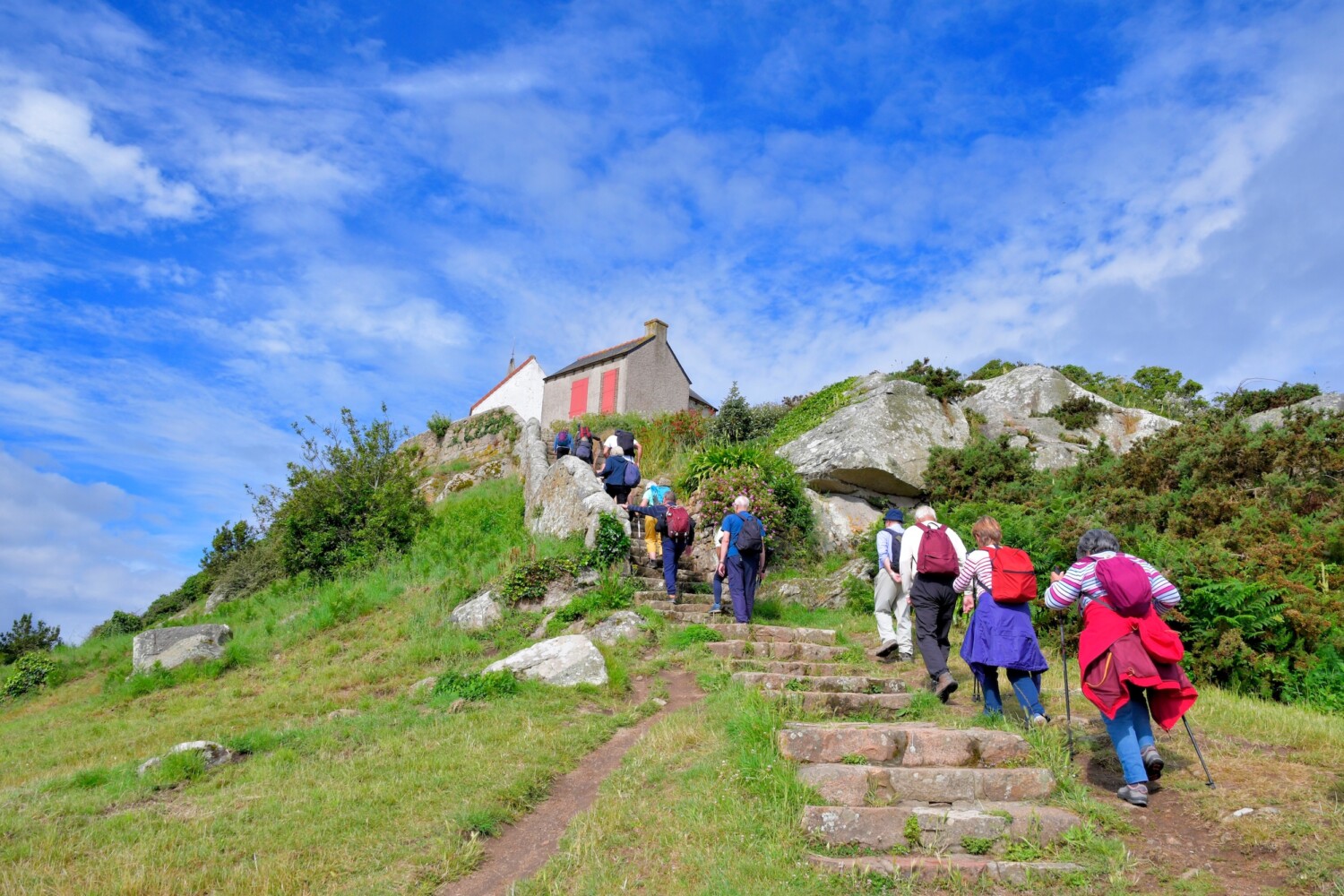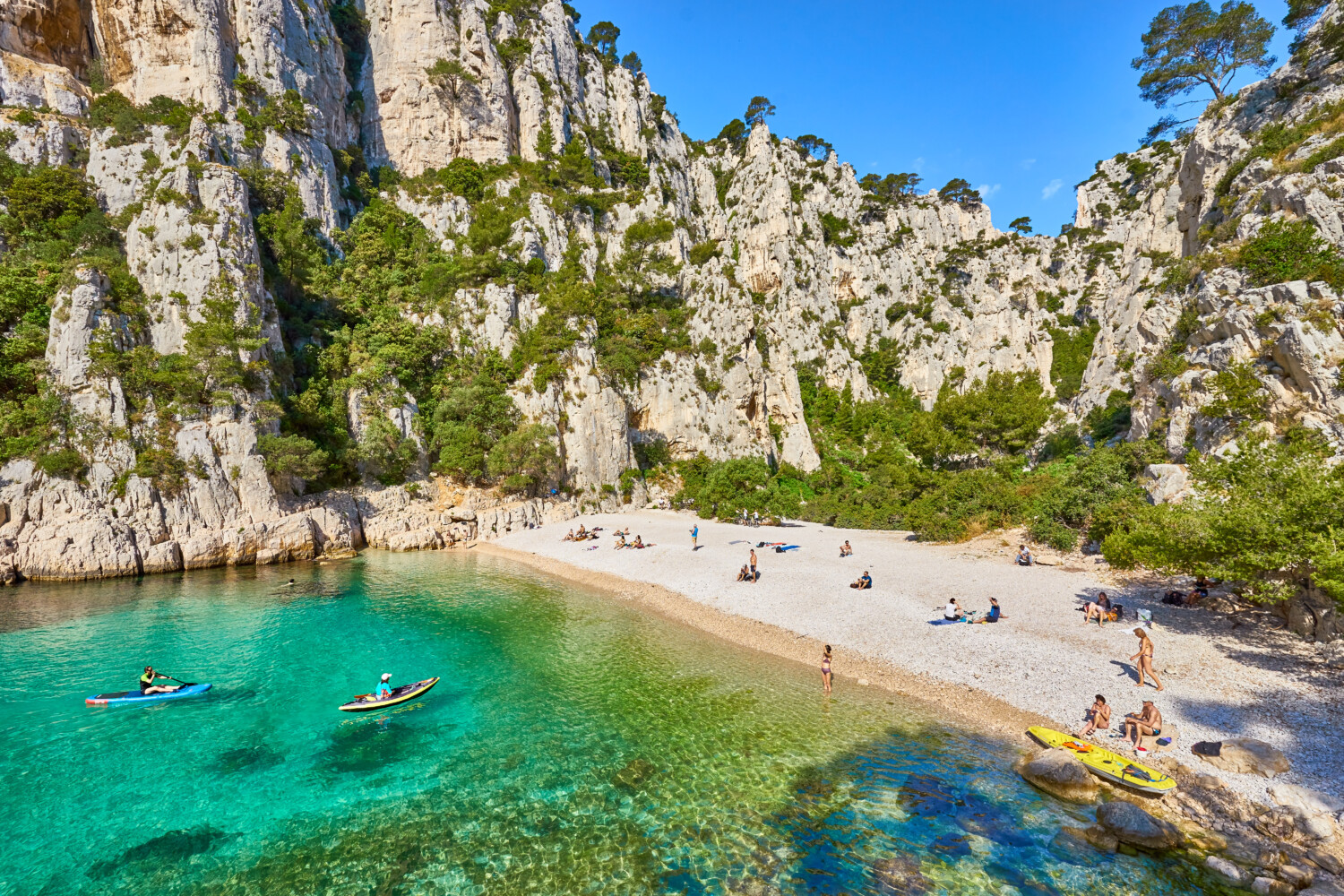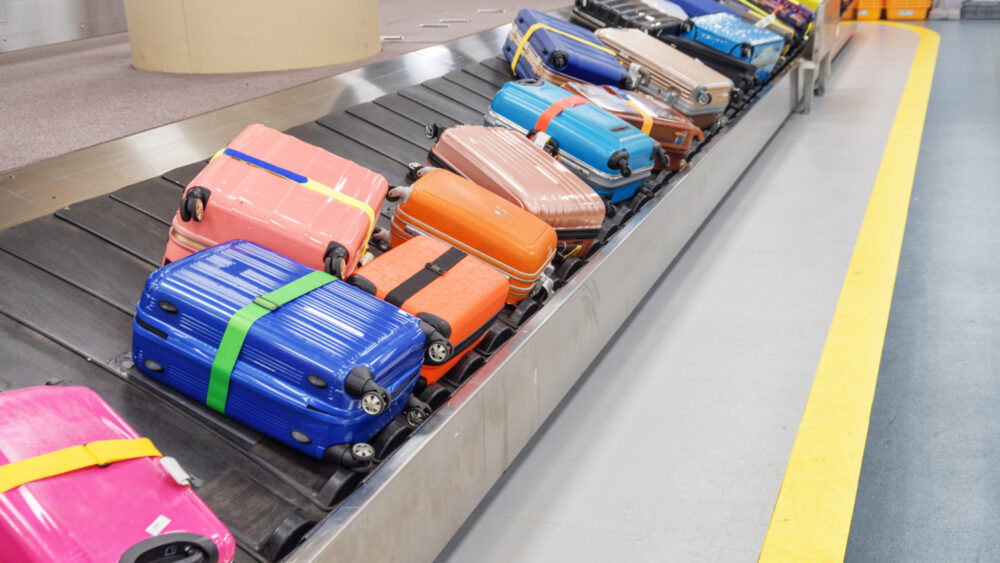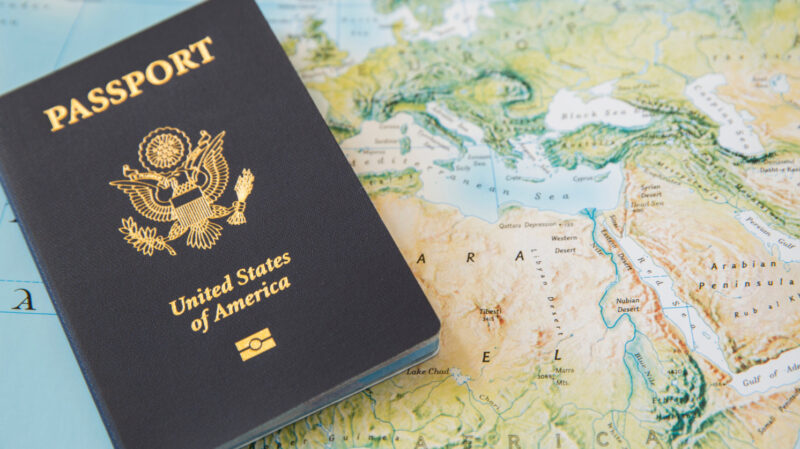France is limiting tourism at some popular natural destinations
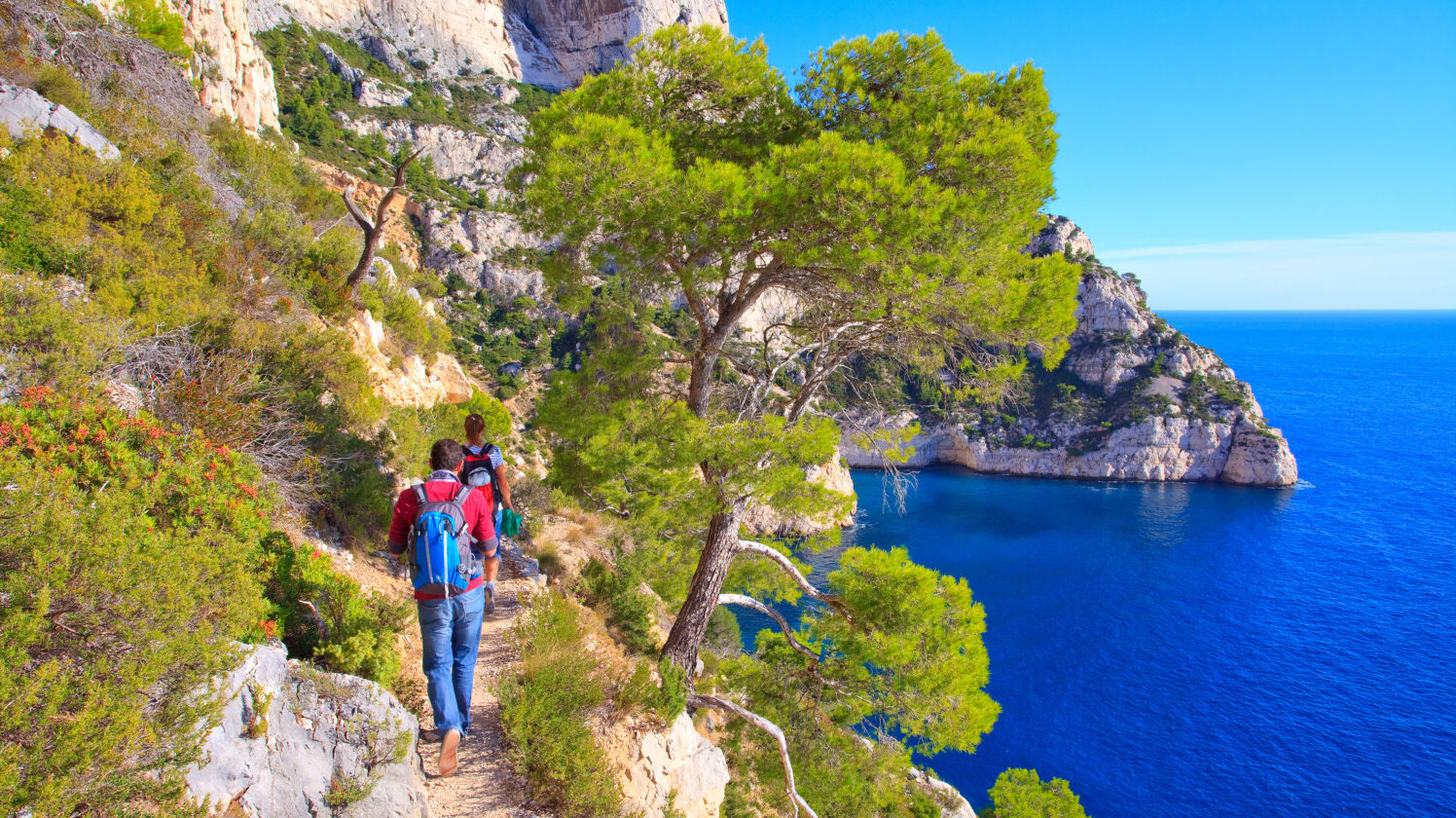
If a vacation to Europe is a part of your summer plans, you might want to read this before you buy your ticket. As travel restrictions have been lifted since the COVID-19 pandemic, many people have packed their bags in search of much-needed rest and relaxation. France in particular has seen a surge in tourists since the pandemic, so much so that its government is actually urging people to stop visiting certain natural destinations within the country.
Olivia Grégoire, France’s minister of tourism, spoke to the French newspaper Le Figaro, saying that the excessive crowds at some of the country’s most popular spots were causing problems to “the environment, the quality of life for locals, and the experiences for its visitors.”
While you’d think tourism would be a good thing for the economy, the excessive crowds have not provided economic boosts, as tourists at these locations may only stay for a short time without spending money at local restaurants or hotels. However, overtourism has proved damaging to fragile ecosystems — weakening soil and the roots of trees, eroding natural cliffs, and harming vegetation and wildlife.
MORE: These US national parks require reservations in 2023
As of now, some locations have already put measures in place to curb the number of visitors. Brehat, an island in Brittany, has placed a limit of 4,700 visitors during its high season in the summer. Calanques National Park, which experienced heavy damage during the pandemic, has adopted a reservation system limiting the number of visitors to just a few hundred per day. Sites on the island of Corsica have also been restricted. Reports say such restrictions will remain firm for a minimum of five years.
The government, in conjunction with regional officials and popular sites, is currently monitoring at-risk sites to determine which tourist destinations should be protected, and working to create other solutions to inform visitors and manage crowds.
Among these ideas for solutions: The French government is considering working with travel influencers to help encourage people to visit sites that are not so well known and thus not as crowded. Increasing the price of food and lodging at popular destinations is another option to help better support local economies.
While France is undoubtedly one of the more popular international destinations for travelers, other countries are experiencing the negative effects of overtourism as well. Time Out lists Amsterdam; Bali, Indonesia; Venice, Italy; and Barcelona, Spain among some of the destinations that are making efforts to keep tourists at bay. As time goes on, we may see additional measures to curb overtourism at important cultural and natural locations.


